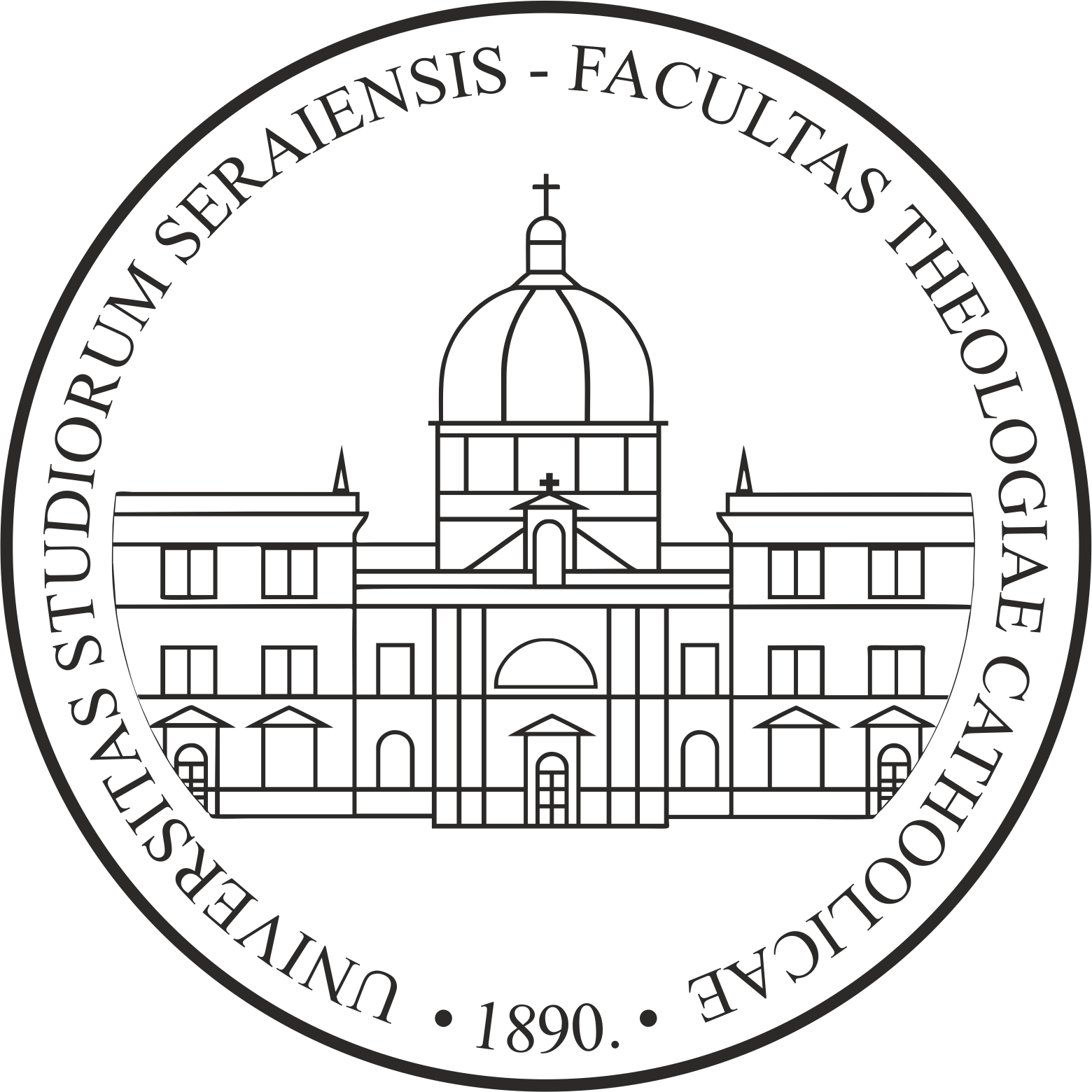New Issue of Vrhbosnensia (1/2025) Published with Transition to OJS Platform
The latest issue of Vrhbosnensia (Vol. 29, No. 1, 2025), the scholarly journal of the Catholic Theological Faculty at the University of Sarajevo, has been released, presenting a diverse collection of timely contributions in theology and contemporary social issues. This issue also marks a pivotal moment in the journal's evolution. Henceforth, the submission, peer-review, and editorial processes for all scholarly articles and book reviews will be managed exclusively via the internationally acclaimed Open Journal System (OJS) platform. This transition significantly enhances the journal's transparency, accessibility, and professional standards, fostering seamless collaboration between authors, reviewers, and the editorial board, accelerating processing times, and ensuring greater visibility for published research within the global academic community.
In his article, "The End of Democracy? Truth in the Age of 'Infocracy' according to Byung-Chul Han," Assoc. Prof. Šimo Šokčević, PhD (CTF Đakovo), delves into the modern challenges confronting democracy under the influence of digital technology and shifting power paradigms, as analyzed by Byung-Chul Han. He argues that the manipulation of public opinion through "psychopolitics" and algorithms erodes the very foundations of democracy. Yet, its strength lies in its vulnerability and openness—a concept akin to the Christian ideal of solidarity and finding strength in weakness. The author posits that a poetic renewal of politics, achieved through rites, narratives, and courageous truth-telling, could forge an authentic democratic order by integrating digital and humanistic values.
Asst. Prof. Janez Ferkolj, PhD (University of Ljubljana – Faculty of Theology), authors the English-language article "Sacrament of Conversion." He reflects on the Sacrament of Reconciliation as a journey of conversion and renewal, emphasizing that penance engages the whole person: contrition of the heart, confession on the lips, and humility in action (cf. CCC 1450). The sacrament orients the faithful toward Christ, the fount of salvation and divine mercy, which not only grants forgiveness but also restores the sinner, bestowing upon them a new heart. The author underscores that the Christian mission is to bring this gift of reconciliation to the world through both personal and sacramental witness.
In "The Information Age: A New Theological Context," Vili Radman, PhD, OFM (Franciscan Theology Sarajevo), analyzes how the digital revolution is reshaping the landscape of contemporary theology. He examines the impact of artificial intelligence and digital media on the study, transmission, and lived experience of faith, stressing the need to contextualize theological discourse within a world of rapid technological advancement. The article focuses on themes such as digital ethics, the democratization of theological knowledge via new media, and the evolving role of information. It particularly highlights the evangelizing potential of digital platforms—from live-streamed liturgies to prayer applications—as avenues for cultivating new forms of community and spiritual practice. The Church, he concludes, is called to embrace the challenges of the information age with new pastoral strategies that uphold ethical principles and human dignity.
In "Dialogue: The Call and Challenge of Otherness – Responsibility for Dialogue in Fratelli tutti from the Perspective of Dialogical Philosophy," Josip Jozić, PhD, OFM (Franciscan Theology Sarajevo), explores the role of dialogue as a personal and ethical encounter, drawing inspiration from Pope Francis's encyclical and dialogical philosophy. He analyzes dialogue as an interpersonal reality forged in the "I–Thou" relationship, where the other is not merely an interlocutor but a challenge, a summons, and a responsibility. In an era of technically advanced yet interpersonally impoverished communication, he stresses the need for a culture of encounter that builds identity and affirms the dignity of every person. The article weaves together philosophical theory and the Church's Magisterium, highlighting the individual's responsibility to foster authentic dialogue in all spheres of society, from personal relationships to interreligious and intercultural coexistence.
Assoc. Prof. Drago Župarić, PhD (University of Sarajevo – Catholic Theological Faculty), contributes the article "Spiritual Discernment: A Pillar in the Teaching of Pope Francis." He examines how Pope Francis understands spiritual discernment as the capacity to recognize the Holy Spirit's movements in personal, communal, and historical circumstances. Through prayer, the Word of God, the sacraments, and spiritual direction, the faithful are invited to discover God's will and make decisions that foster maturity in faith and active participation in the Church's mission. The article provides a systematic analysis of how the Pope integrates this ancient spiritual practice into the Church's contemporary context, calling for personal accountability, wisdom of the heart (sapientia cordis), and a persevering attentiveness to the Lord's voice in the concrete situations of life.
Assoc. Prof. Josip Knežević, PhD (Catholic Theological Faculty, University of Sarajevo), authors "The Council of Nicaea (325 AD): A Brief Overview of its Convocation, Proceedings, and Decrees," offering a systematic account of the first ecumenical council in Church history. The article unfolds in five parts: an introductory historical overview, a focus on the Arian controversy, an account of the Council's proceedings and the formulation of the Nicene Creed, a discussion of the Meletian schism and the calculation of the date of Easter, and a final section on the Council's disciplinary canons. The text is a valuable contribution to understanding the theological and ecclesial processes set in motion at Nicaea, which have profoundly shaped Christian dogma and practice.
Alongside these scholarly articles, the issue features several insightful book reviews contributing to current theological and social discourse.
The new issue is available on Hrčak, the Portal of Croatian Scientific and Professional Journals. All interested authors are invited to submit their manuscripts exclusively via the OJS platform.




